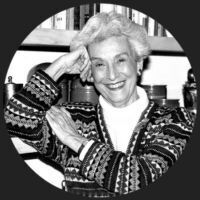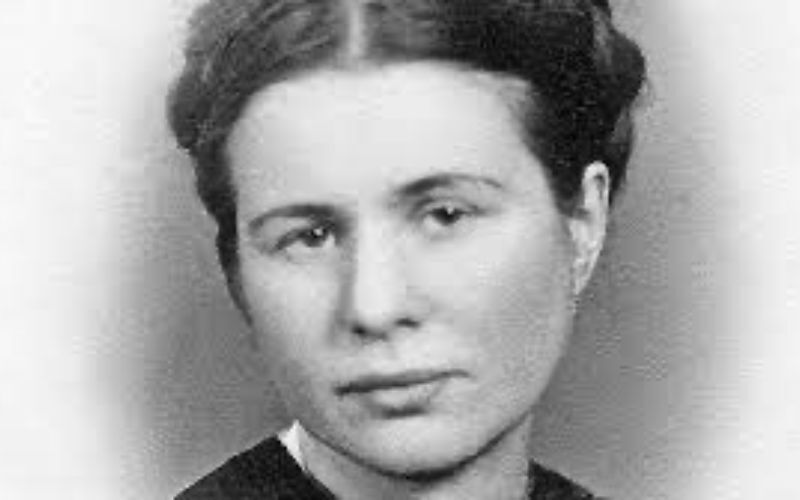Tullia Zevi

Tullia Zevi, a pillar of Italy's Jewish community and an ardent anti-fascist who spent the war years in exile in Switzerland, France and the US, died January 22, 2011. She was 91. Zevi, the only female president of the Union of Italian Jewish Communities, died in Rome, current union president Renzo Gattegna said.
One of four children of a bourgeois Jewish family, Zevi was vacationing with her parents in Switzerland in 1938 when Italy passed its racial laws. The family, known for her father's anti-fascist beliefs, moved to France and later the US as World War II raged. She returned to Italy in 1946 and worked as a journalist as well as with various center-left political parties.
In a biographical article she wrote in 1999, Zevi said she returned because she wanted to help Italy and its Jews rebuild after the war. "The horrors of the war had just been discovered; the mass extermination of the Jews, the gypsies and political opponents, the devastation of Jewish communities," she wrote.
"It seemed right, having had the fortune of having survived, to return and participate in the reconstruction of this traumatized community in chaos, and also to participate in the rebirth of democracy in Italy following the defeat of fascism." She headed the Union of Italian Jewish Communities from 1983-1998, and even after that remained active in the Jewish community, frequently commenting in the media about Jewish-Vatican relations in particular.
In 1992, she was awarded Italy's highest civilian honor, news reports said.
"We recall her profound and dignified interventions that she made in defense of the Jews and all minorities," Gattegna said in a statement.
After leaving Italy, she first moved to France to continue her university studies in philosophy and music, fleeing to the United States when the Nazis occupied France.
She continued her studies in New York, where she became an accomplished harpist and played in several orchestras. She joined anti-Fascist associations in New York and after the war returned to Italy to begin a career in journalism.
She worked for several Israeli publications, covering the Nuremberg war crimes tribunal and the 1961 trial of captured SS officer Adolf Eichmann, one of the major organisers of the Nazi Holocaust.
"We are losing a protagonist of our history," said former Rome mayor Walter Veltroni. "She was an extraordinary woman who was at once strong, courageous and meek."
Italian President Giorgio Napolitano hailed her "exquisite humanity and culture."
"For survivors, she was a clarion voice that warned against the dangers of neo-Nazism to not just Jews, but to society and democracy as a whole," said Elan Steinberg, executive director emeritus of the World Jewish Congress.
Steinberg called Zevi "a relentless champion of Jewish rights and the universal struggle against the malignant threat of fascism."
Her husband Bruno Zevi, an architect, Jewish leader and member of Italy's clandestine Justice and Liberty movement while fascists held power, died in 2000. They had two children.
Source: The Jerusalem Post: Tullia Zevi, pillar of Italian Jewish community, dies
We are also what we remember. We are made of our memories. A person who lives only in the present and has not a full consciousness of what lies behind his back is not fully human.
-Quote by Tullia Zevi

